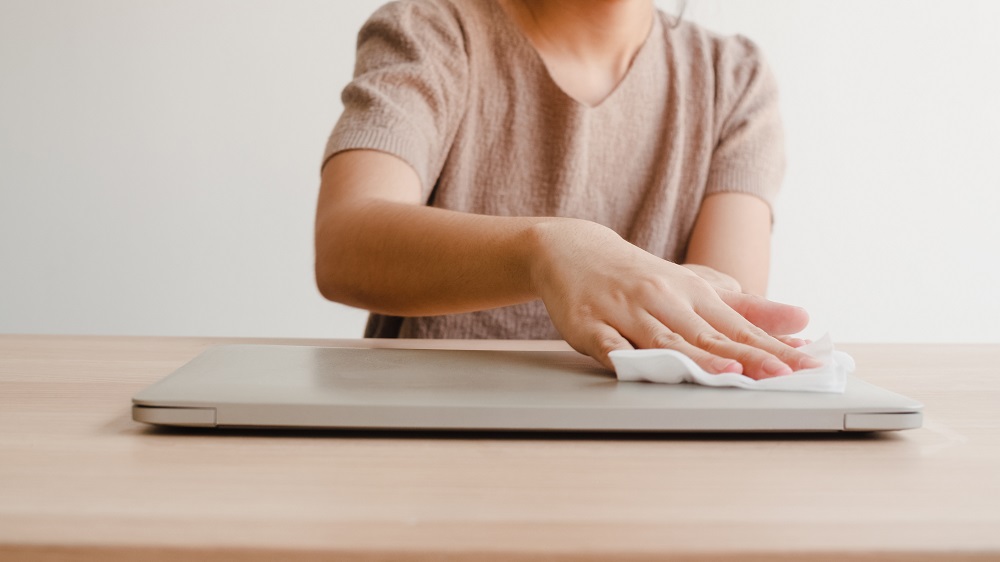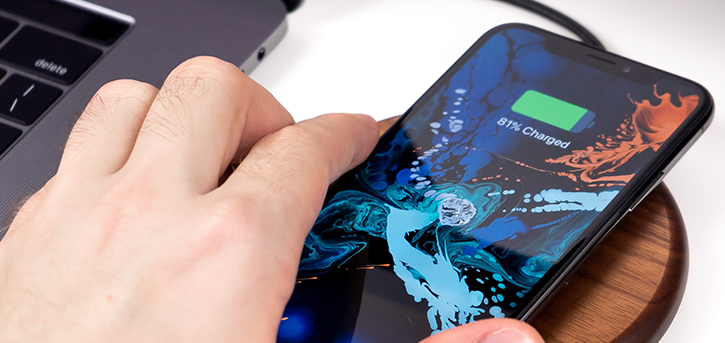In today's fast-paced digital world, laptops have become essential. From students and professionals to freelancers and travelers, almost everyone relies on a laptop for work, learning, or entertainment. But just like any device, laptops require regular care and attention to stay efficient and long-lasting.
Without proper maintenance, your laptop may slow down, overheat, or develop battery and performance issues within a few months. Fortunately, a few simple habits can help you keep your laptop in top shape. Let’s explore 10 easy and effective tips to extend the life and performance of your laptop.
Contents
- 1 1. Charge Your Laptop the Right Way
- 2 2. Use Screen and Keyboard Protectors
- 3 3. Keep It Cool with a Cooling Pad
- 4 4. Place Your Laptop on a Flat, Hard Surface
- 5 5. Power On and Off Correctly
- 6 6. Limit Unnecessary Software and Browser Tabs
- 7 7. Use Reliable Antivirus Protection
- 8 8. Clean Your Laptop Regularly
- 9 9. Handle Charging Safely
- 10 10. Avoid Heavy Multitasking
- 11 Final Thoughts
1. Charge Your Laptop the Right Way
One of the biggest mistakes people make is constantly charging their laptops to 100% and keeping them plugged in for too long. Over time, this weakens the battery. Instead, follow these simple charging rules:
- Charge between 40% and 80% for regular use
- Let the battery reach 100% only once or twice a week
- Avoid using the laptop immediately after charging – let it cool for a few minutes
2. Use Screen and Keyboard Protectors
Just like smartphones, laptops can benefit from protective accessories. A screen protector helps avoid scratches and stains, while a keyboard protector keeps dust and crumbs out of the keys. This is especially important if you often eat or drink near your device. A small spill can cause major damage – protection is much cheaper than repair.
3. Keep It Cool with a Cooling Pad
Overheating is a common problem, especially for people who use their laptops for long hours. A laptop cooling pad can reduce heat buildup and protect internal components. It also helps your battery last longer and keeps performance stable during heavy use.
4. Place Your Laptop on a Flat, Hard Surface
Avoid using your laptop on beds, pillows, or couches. These soft surfaces block air vents and prevent proper heat dissipation. Always place your laptop on a table or desk to allow smooth airflow and keep it cool.
5. Power On and Off Correctly
Many users shut down their laptops improperly, such as by pressing the power button directly. This can corrupt system files and slow down performance over time. Always use the shutdown option from the operating system.
Also, avoid keeping your laptop in sleep mode for long periods. If you're done working, shut it down completely.
6. Limit Unnecessary Software and Browser Tabs
Installing too many programs or keeping dozens of tabs open in your browser can slow down your laptop significantly. Here’s what to do:
- Uninstall apps you don’t use
- Keep only essential software running
- Close unused browser tabs during work
This reduces pressure on the processor and keeps the system running smoothly.
7. Use Reliable Antivirus Protection
Viruses and malware not only slow down your laptop but can also steal data or damage your files. Installing a trusted antivirus program is essential. While free versions offer basic protection, licensed antivirus software provides better security against threats like ransomware, phishing, and spyware.
8. Clean Your Laptop Regularly
Dust and dirt can block air vents, damage ports, and make your laptop look old and dirty. Clean your laptop at least two to three times a month using:
- A dry, soft microfiber or cotton cloth
- 2–3 drops of screen-safe cleaner if necessary
- Cotton swabs to clean between keys and inside vents
Regular cleaning also ensures your cooling fan works efficiently.
9. Handle Charging Safely
Always be careful when plugging or unplugging your laptop. Avoid doing it while the power is on, and use a good-quality power strip or surge protector. Turn off the switch before connecting the charger and after charging is complete. This protects your laptop’s charging port and prevents internal damage from electrical surges.
10. Avoid Heavy Multitasking
Running too many programs at once can cause your laptop to heat up and become sluggish. Try to limit multitasking to your laptop’s capacity. When possible, close background apps and focus on one task at a time. This will improve speed, reduce heat, and prolong the life of internal components like RAM and the processor.
Final Thoughts
Your laptop is a valuable device—treat it with care. By following these 10 simple practices, you can protect your investment, avoid unnecessary repairs, and keep your laptop performing well for years. Remember, prevention is always better than cure when it comes to technology.

